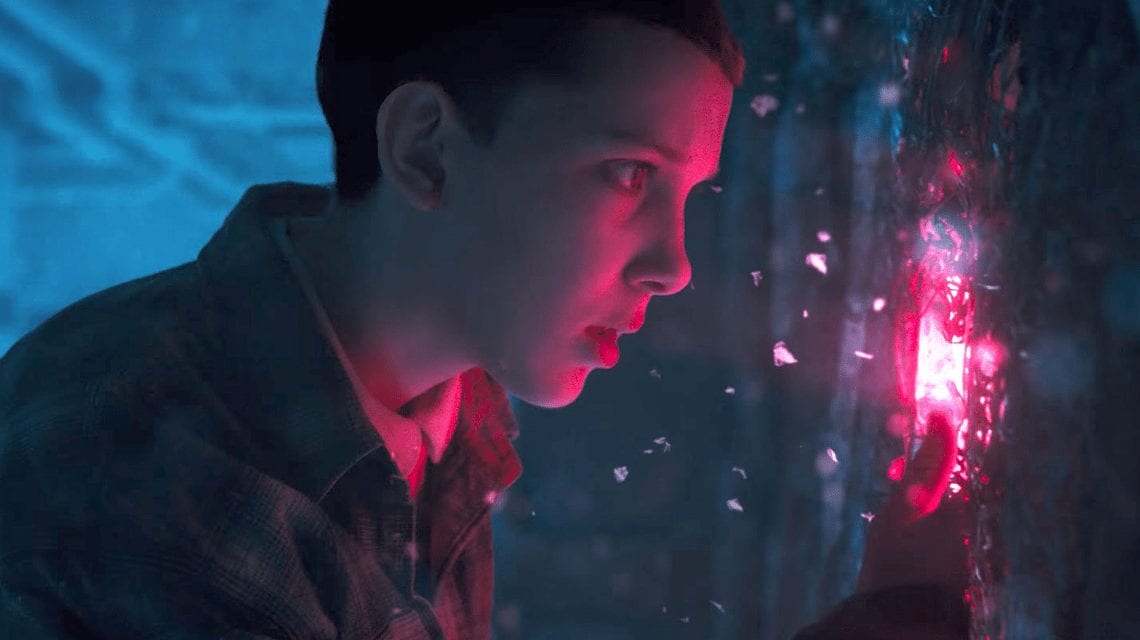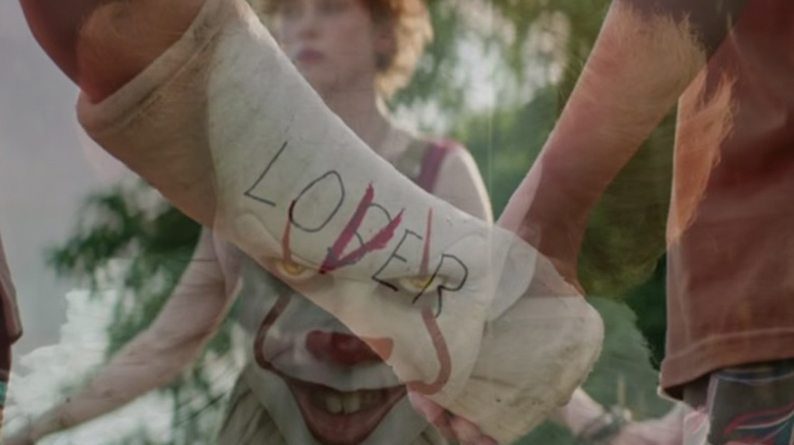
Mass Shootings; Top Gun, Stranger Things, Obi Wan & Nostalgia
It is a sad season of far too many mass shootings… In this episode of Your Sunday Drive, we discuss details of the recent incidents, their complex causes, related political and cultural issues, possible solutions, and more. How may our overall crisis of meaning be leading to a crisis of gun violence? What role does…






![seeing it coming [The Last Jedi SPOILERS]](https://b311079.smushcdn.com/311079/wp-content/uploads/2017/12/Who-Rey-Parents-Star-Wars-Force-Awakens.jpg?lossy=1&strip=1&webp=1)


